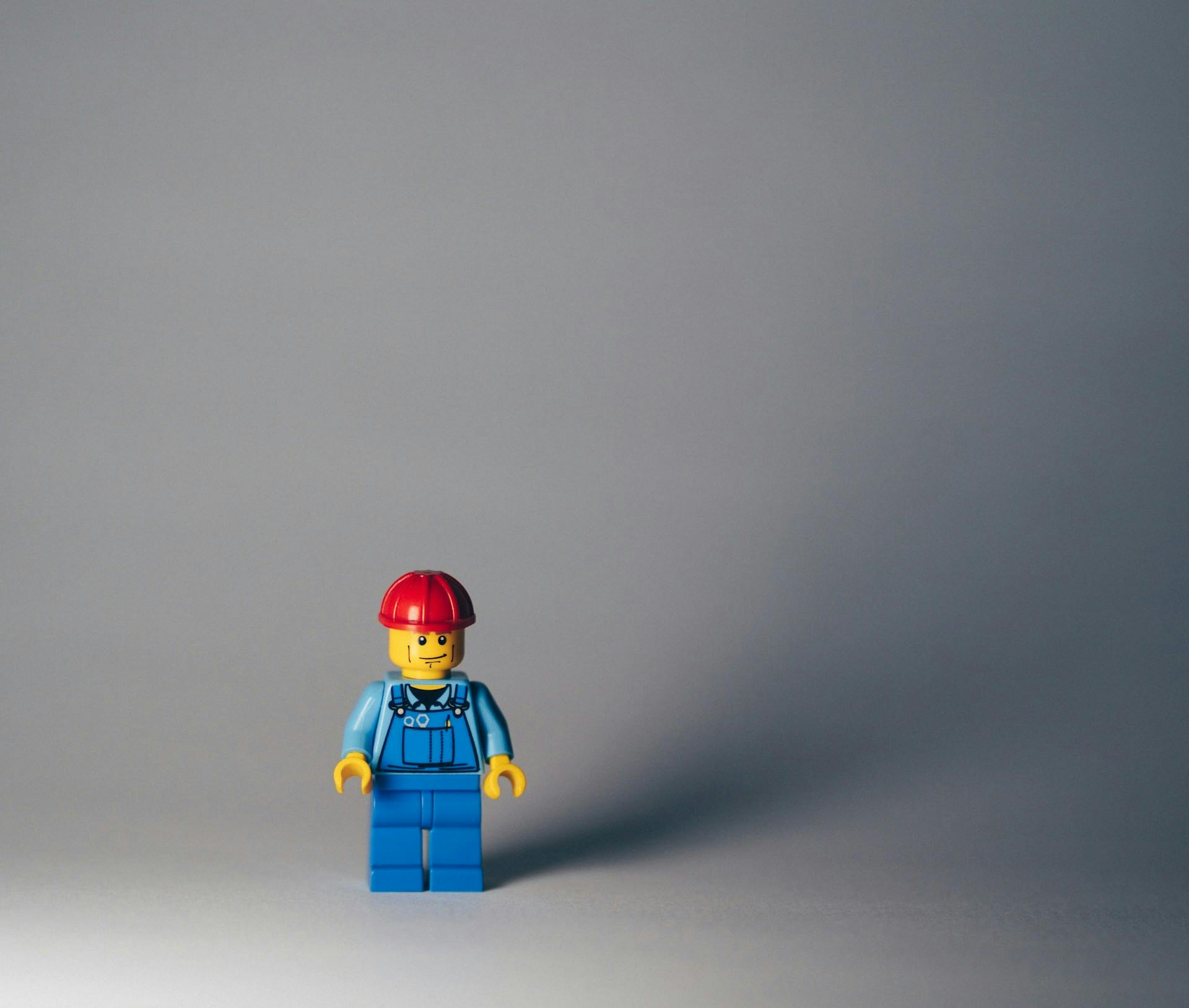Unless a miracle occurs, TikTok’s days are numbered in the United States. The famous video application is on the verge of having to be removed from Google Play and the App Store if Bytedance, its parent company, does not sell it, and is running out of bullets. And just a few days ago, TikTok asked for a pause for the law that seeks its elimination, but a federal court has denied it. The next option is the Supreme Court, but there are few guarantees.
The question is how we got here and what happened so that, if nothing changes, TikTok will disappear from the United States on January 19.
United States vs Tiktok. The origin of this whole issue goes back to a concept as basic as “national security.” In 2020, the United States government (with Trump in the White House) believed that TikTok, which is owned by a Chinese company (Bytedance), posed a risk since the app collected user data that it shared with the Chinese government. In addition, Trump claimed that the Chinese government controlled the company, a claim that was denied by TikTok. In any case, Trump was clear: Tiktok had to be banned.
However, there was a possible solution: for Bytedance to sell a part of the app to an American company, something that in principle was going to happen. Microsoft sounded like a potential buyer, but TikTok ultimately backed out. The reason is that its executives were concerned about possible opposition to the sale from the Chinese government. As such, Bytedance said it would rather close the app than be forced to sell it.
Biden arrives (and with him, more laws). In June 2021, Joe Biden signed Executive Order 14034 aka “Protecting Americans’ Sensitive Data from Foreign Adversaries”, thus prohibiting the sale of US user data to foreign companies, including TikTok. In December 2022, Biden signed the “No TikTok on Government Devices Act,” banning the app on government-owned devices. In March 2023, the Department of Justice and the FBI launched an investigation against TikTok, alleging that the app was spying on American journalists… Things were getting ugly for TikTok.
March 13, 2024. It was that day when the United States began to corner TikTok. That day the government signed the “Protecting Americans From Foreign Adversary Controlled Applications Act”, a law that would ban TikTok nationwide unless Bytedance sold it. That law was signed by Joe Biden on April 24, 2024 and, in fact, it directly attacks application stores.
The mechanics of the block, explained from the New York Times, is that if a store like the Google Play Store or App Store distributes or updates TikTok, the federal government may impose sanctions. Operators and companies like Oracle, which hosts TikTok in the United States, will also have to help with this mission of not distributing or updating. The blockade, a priori, will take effect on June 19, 2025, but there is still a slight, very slight light at the end of the tunnel.


Imagen | The Sun Feyissa
The defense of TikTok. The application defended itself and asked that the law be stopped, but the judges denied the request on December 6, just a few days ago. On December 9, TikTok spent its penultimate bullet: an emergency injunction to postpone the law’s entry into force. Two days ago, the federal court denied it.
The defense, in the first instance, argued that the blockade violated the First Amendment of the US Constitution (no law can limit freedom of expression), but the court has said that “the law meets the requirements of the First Amendment under heightened scrutiny “. That is to say, the blockade still stands.
In its petition, TikTok indicated that it planned to appeal to the Supreme Court and cited the possibility that Trump, who started all this, wanted to change his mind, since the politician had now emerged as the savior of TikTok. In any case, the request was denied. Twitter.com/TikTokPolicy/status/1867723883563925795″>According to TikTok:
“As we have previously stated, we plan to take this case to the Supreme Court, which has an established record of protecting Americans’ right to free speech. The voices of more than 170 million Americans here in the U.S. and in everyone will be silenced on January 19, 2025 unless the TikTok ban is stopped.”


Imagen | The Sun Feyissa
Trump changes his position. Donald Trump, who was in charge of putting this whole process in motion, he said during his election campaign that he was going to “save TikTok.” As? It is not known, since it cannot by itself overturn the law imposing the ban. I could urge Congress to listen to TikTok and mediate a negotiation, but the situation is quite complex.
What will happen to those who have TikTok installed? The app will most likely remain installed and operational on devices, but sooner or later it will crash. There will be bugs that will prevent its use, there will be no local content and, little by little, the app will lose its current shine. The clear winners are Instagram and YouTube, American companies that have the main alternatives to TikTok.
Cover image | Cottonbro Studio
In WorldOfSoftware | A chocolate bar filled with pistachio has become the most desired viral on TikTok: the “Dubai chocolate”











